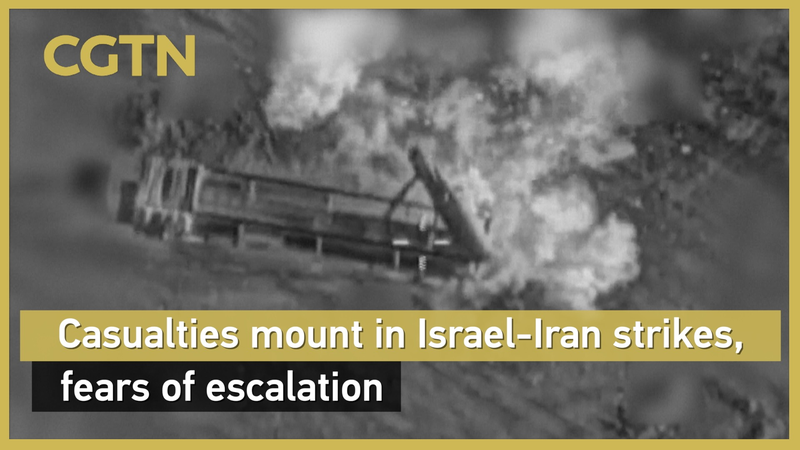Tensions between Israel and Iran have reached a new peak as Israeli airstrikes since Friday have claimed the lives of at least 78 people on Iranian soil, marking the largest attacks ever launched by Israel against Iran.
According to Iranian state media, the casualties include two deputy commanders at the armed forces general staff, signalling one of the highest-ranking losses in years. The Israel Defense Forces also confirmed the deaths of nine scientists and experts linked to Iran's nuclear program, up from an initial toll of six.
On the flip side, Iran's retaliatory rocket and drone raids into Israel have left at least three people dead from Friday into Saturday morning. While the number is lower, these strikes underscore a growing risk of a broader conflict in the region.
Data snapshot: Since the weekend, 78 casualties in Iran; 3 on the Israeli side. Among the Iranian victims were senior military officials and nuclear experts 6 a calculated blow to Tehran's strategic assets.
For business and tech communities, the conflict raises fresh concerns about energy markets and supply chain disruptions. Thought leaders warn that any further escalation could ripple through global markets, pushing oil prices higher and testing geopolitical alliances.
Young global citizens are watching closely as social media amplifies every development. Sustainable travel and regional stability hang in the balance, with tourism flows already dipping in nearby hotspots. Amid uncertainty, digital-first audiences are seeking real-time updates and human stories behind the numbers.
As analysts stress, the next 48 hours could be decisive. Will diplomatic channels prevail, or will the cycle of strikes intensify? Stakeholders across G20 nations are bracing for the fallout.
Reference(s):
Casualties mount in Israel-Iran strikes, fears of escalation
cgtn.com




